Real Estate Investments
organic_rosefaerie
13 years ago
Related Stories

SELLING YOUR HOUSE15 Questions to Ask When Interviewing a Real Estate Agent
Here’s what you should find out before selecting an agent to sell your home
Full Story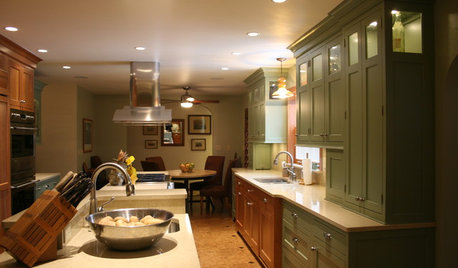
KITCHEN DESIGNSmart Investments in Kitchen Cabinetry — a Realtor's Advice
Get expert info on what cabinet features are worth the money, for both you and potential buyers of your home
Full Story
HOUSEKEEPINGWhen You Need Real Housekeeping Help
Which is scarier, Lifetime's 'Devious Maids' show or that area behind the toilet? If the toilet wins, you'll need these tips
Full Story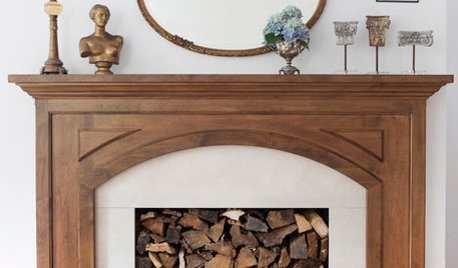
LIVING ROOMS8 Reasons to Nix Your Fireplace (Yes, for Real)
Dare you consider trading that 'coveted' design feature for something you'll actually use? This logic can help
Full Story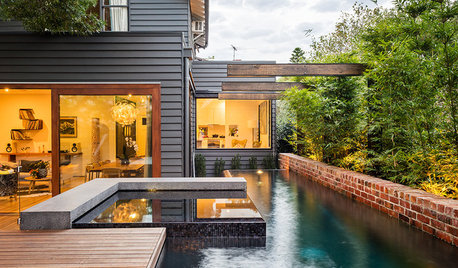
POOLSWe Can Dream: 7 Things to Consider Before Investing in an Outdoor Spa
Check out these tips and tricks for adding a luxurious outdoor spa to your landscape
Full Story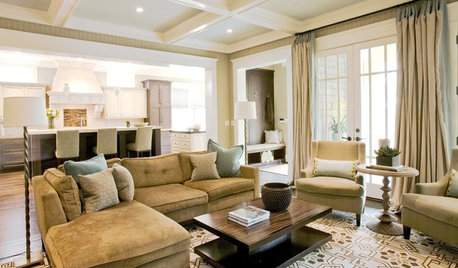
HOW TO PHOTOGRAPH YOUR HOUSEAttract Home Buyers Easily With Great Photography
Show your home's best face in real estate listing photos to have potential buyers knocking down your door
Full Story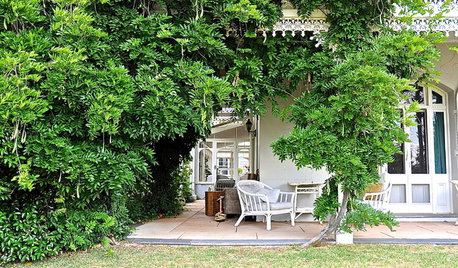
HOUZZ TOURSMy Houzz: Tradition and Romance Live On at an 1875 Estate
Even without the ballroom, gazebo and resident peacock, this Australian property would be an idyllic wonder to behold
Full Story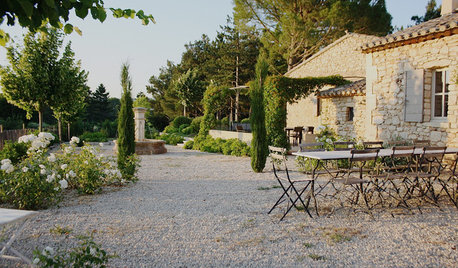
TRADITIONAL HOMESMy Houzz: A Centuries-Old French Estate Charms Again
Time and local artisans help a couple realize an idyllic French country retreat — and you can rent it
Full Story
CHRISTMASReal vs. Fake: How to Choose the Right Christmas Tree
Pitting flexibility and ease against cost and the environment can leave anyone flummoxed. This Christmas tree breakdown can help
Full Story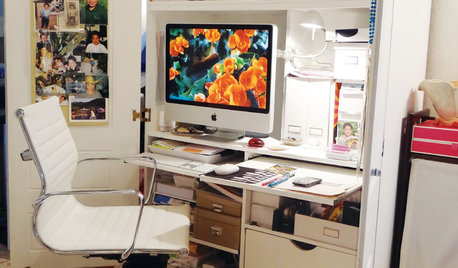
MORE ROOMS28 Great Real-Life Home Offices
Houzz Readers Prove You Can Turn Any Room Into Inspiration Central
Full Story






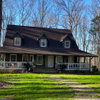
User
C Marlin
Related Professionals
Arlington General Contractors · Four Corners General Contractors · Binghamton General Contractors · Boardman General Contractors · Euclid General Contractors · Hartford General Contractors · Havre de Grace General Contractors · Monroe General Contractors · Palatine General Contractors · Rolla General Contractors · Seal Beach General Contractors · Stoughton General Contractors · Titusville General Contractors · South Miami Heights Home Stagers · Bel Air North Interior Designers & Decoratorsworthy
krycek1984
OttawaGardener
brickeyee
chisue
lazy_gardens
dave_donhoff
brickeyee
lazy_gardens
brickeyee
lazy_gardens
blueheron
brickeyee
metaxa
bruceingram1958
kabir
oklahomarose